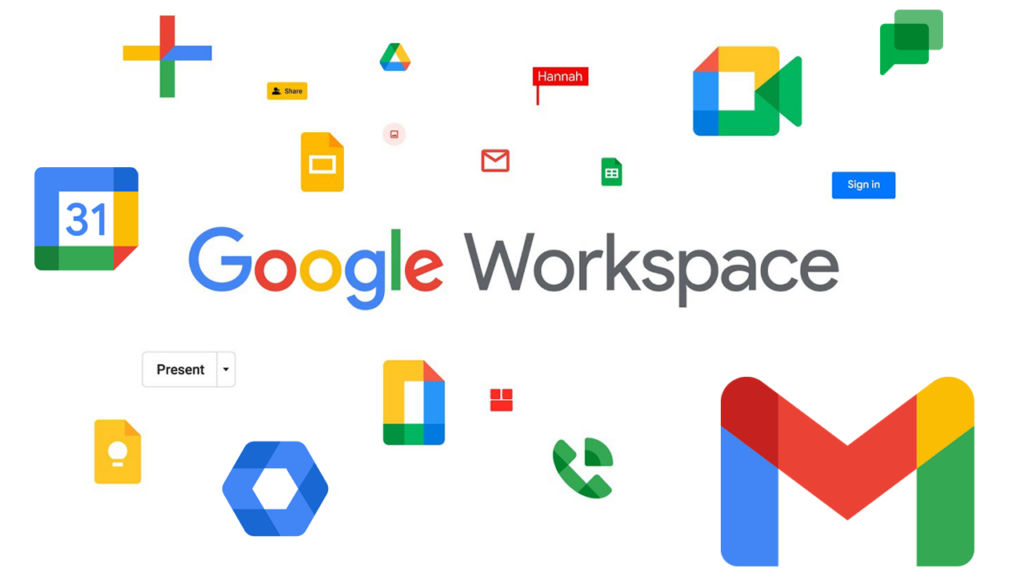In the environment of business, productivity is key to success for small business owners. With numerous tasks to manage and limited time and resources, leveraging the right productivity tools becomes crucial. In 2023, there are several exceptional tools available that can streamline workflows, enhance collaboration, and boost efficiency. From project management platforms like Asana and Trello to communication tools like Slack and Microsoft Teams, these tools offer a range of features to help small business owners stay organized, track progress, automate tasks, and improve overall productivity.
Additionally, accounting software like QuickBooks and customer relationship management tools like HubSpot CRM enable better financial management and customer engagement. The following list highlights the top 12 productivity tools for small business owners in 2023, empowering them to optimize operations and achieve their business goals effectively.

1. Asana
Asana is a project management that can considerably improve productivity tools for small business. With Asana, teams can organize, track, and manage their work all in one place. Each project can be broken down into tasks and assigned to individual team members, along with deadlines, ensuring everyone knows their responsibilities. The platform also allows for the creation of shared calendars, enabling teams to keep track of key dates and milestones. Comment threads within tasks foster communication and keep discussions focused and relevant. Asana also seamlessly integrates with other productivity tools such as Slack, Google Drive, and Zoom, making it a centralized hub for project management. Its user-friendly interface and comprehensive features make Asana an essential productivity tool for small businesses aiming for effective collaboration and efficient project completion.
2. Slack
Slack is a powerful communication tool that can greatly enhance productivity in small business. Instead of cluttering inboxes with emails, team members can send messages directly or create dedicated channels for specific projects, departments, or topics. Slack allows file sharing and integrates seamlessly with many other applications such as Google Drive, Trello, and Dropbox, consolidating various tasks on a single platform. The tool also supports voice and video calls, enabling real-time discussions when needed. Slack’s search function makes it easy to locate past conversations or files, ensuring that no important information gets lost. Additionally, its mobile app allows team members to stay connected and responsive even when away from their desks. In essence, Slack fosters collaboration and enhances productivity by streamlining communication within a small business.
3. Toggl
Toggl is a time tracking tool that’s a game-changer for small business keen on enhancing productivity. It allows individuals and teams to measure how much time they spend on tasks, helping identify areas of inefficiency. Users can track time with a single click, switch between tasks, and generate detailed reports. These insights can lead to better project planning and resource allocation. Toggl can also integrate with a range of other productivity tools for small business like Asana and Trello, providing a more holistic view of time expenditure. It is especially beneficial for businesses working on client projects, as it enables accurate billing and provides proof of work done. With its user-friendly interface and powerful analytics, Toggl is instrumental in helping small businesses work smarter and increase productivity.
4. Google Drive
Google Drive is an indispensable productivity tool for business. It offers cloud storage, making file sharing and collaboration seamless. Businesses can store various file types, including documents, spreadsheets, and presentations. The suite of productivity applications like Google Docs, Sheets, and Slides enables team members to work simultaneously on the same files, promoting real-time collaboration. Drive’s powerful search features make locating files quick and easy. The platform also has robust security measures in place, including two-step verification and encryption, providing peace of mind about data safety. Additionally, Google Drive’s integration with other Google Workspace applications like Gmail and Google Calendar allows for an interconnected, streamlined workflow. With its generous free storage capacity and affordable premium plans, Google Drive is a vital tool for enhancing productivity in small businesses.

Related: B2B Marketing Strategies for small business.
5. HubSpot CRM
HubSpot CRM is a game-changing productivity tool for business, particularly those with a sales focus. This Customer Relationship Management tool is known for its user-friendly interface and comprehensive features that help manage and analyze customer interactions and data. With HubSpot CRM, businesses can monitor sales pipeline, track customer interactions, manage contacts, and create detailed reports, all in one place. Its seamless integration with marketing, customer service, and sales tools in the HubSpot ecosystem makes it a central hub for all customer-related activities. Even more compelling for small businesses is that HubSpot CRM offers a robust free version, making it accessible to companies with limited budgets. With its features and cost-effectiveness, HubSpot CRM can significantly improve productivity by streamlining customer management processes.
6. Gmail
Gmail, a part of Google Workspace, is more than just an email client – it’s a robust productivity tools for small business can leverage. With its user-friendly interface and substantial storage capacity, Gmail allows businesses to manage email communication seamlessly. Its integrated features like automatic spam filtering, advanced search, and labeling system contribute to efficient email management. Furthermore, Gmail integrates with Google Calendar, Drive, and Meet, allowing users to schedule meetings, share files, or even conduct video conferences directly from the inbox. The ability to add extensions from the Google Workspace Marketplace enhances Gmail’s functionality, adapting it to specific business needs. Overall, Gmail’s comprehensive suite of features, strong security measures, and seamless integration with other Google products make it an excellent choice for improving productivity in small businesses.
7. QuickBooks
QuickBooks is an industry-leading accounting software tailor-made to streamline small business finance management. Its user-friendly platform provides a host of features including invoicing, bill payment, income and expense tracking, and payroll management. With QuickBooks, you can connect your bank account to automatically import and categorize transactions, cutting down on manual entry. Additionally, its tax time features can save hours of labor by capturing receipts via mobile, categorizing business expenses, and maximizing tax deductions. The real-time dashboard offers at-a-glance insights into business performance. Moreover, the scalability of QuickBooks allows it to grow with your business, adding users and services as needed. From simplifying tax filing to providing financial clarity, QuickBooks offers small business owners a comprehensive, productivity-enhancing solution for financial management.
8. Hootsuite
Hootsuite is an invaluable tool for small business seeking to manage and optimize their social media presence effectively. It’s a one-stop-shop for managing multiple social media accounts, allowing you to schedule posts, monitor brand mentions, and analyze social media traffic from a single dashboard. This platform supports a variety of social networks, including Facebook, Twitter, Instagram, LinkedIn, Pinterest, and YouTube. Its real-time analytics provide businesses with invaluable insights into their social media campaigns, enabling them to tailor their strategy based on performance. Hootsuite also integrates with a host of other applications, facilitating smooth workflows. It offers various plans, including a free tier, which makes it a cost-effective solution for small businesses looking to harness the power of social media without committing significant resources. It’s an indispensable productivity tool for executing an effective and time-efficient social media strategy.
9. Zapier
Zapier is a powerful productivity tool that integrates various apps, enabling small businesses to automate repetitive tasks and increase efficiency. It connects over 3,000 apps, such as Gmail, Slack, Asana, and many more, creating “Zaps” or workflows that perform certain tasks automatically. For instance, you can create a Zap that saves email attachments from Gmail to Dropbox, or one that shares new WordPress posts on Twitter. By automating these routine tasks, small businesses save time and reduce the possibility of human errors. Furthermore, Zapier’s easy-to-use interface requires no technical skills or coding knowledge, making it accessible for everyone. Its tiered pricing plan, including a free basic option, suits businesses of different sizes and needs. Overall, Zapier enhances productivity by seamlessly integrating various business tools and automating workflows.
10. Google Analytics
Google Analytics is an essential productivity tool for small business owners who want to make data-driven decisions. It tracks and reports website traffic, providing insights into customer behavior and preferences. The platform lets businesses know where their website visitors are coming from, what content they engage with, and how long they stay on the site. You can set up goals to track conversions, monitor website performance, and even understand the success of marketing campaigns. This powerful tool also provides demographic data, enabling businesses to better target their audience. Google Analytics helps in optimizing website design and content, enhancing customer experience, and eventually increasing conversions. With these analytics, small businesses can tailor their strategies to meet customer needs and achieve business objectives. Its freemium model makes it accessible to all businesses, regardless of their size or budget.
11. Microsoft Teams
Microsoft Teams has proven to be an invaluable productivity tool for small businesses, providing an all-in-one platform for seamless communication and collaboration. Whether you’re organizing a team meeting, sharing documents, or even conducting a presentation, Teams simplifies these processes by integrating them into one application. Its seamless integration with other Microsoft 365 apps like Word, Excel, and PowerPoint allows for real-time collaboration, enhancing productivity significantly. Moreover, Teams also offer features like video conferencing, direct messaging, and file storage, all of which are essential for efficient remote work. This multifaceted tool can foster team cohesion and streamline workflow, making it a crucial addition to any small business toolkit.
12. Trello
Trello is a user-friendly and visually-appealing project management tool that can enhance productivity for small businesses. It works on a system of boards, lists, and cards, allowing for organized task allocation, project tracking, and collaboration. Each card can hold details of a task, including members responsible, due dates, checklists, and attachments. Its simplicity and flexibility enable businesses to customize their workflows and ensure nothing slips through the cracks. Trello also integrates well with numerous other tools, further boosting its functionality. Ultimately, Trello’s intuitive interface and robust features can help small businesses streamline project management and increase productivity.

Conclusion
Investing in productivity tools can be a game-changer for small businesses. Tools like Asana, Slack, Toggl, Google Drive, HubSpot CRM, Gmail, QuickBooks, Hootsuite, Zapier, Google Analytics, Microsoft Teams, and Trello offer a wide range of functionalities. They can streamline operations, enhance collaboration, manage projects, and analyze business data effectively. Choosing the right tools depends on your business needs, but a blend of these can significantly increase productivity and efficiency. Embracing these digital resources can help small businesses stay organized, save time, and grow successfully in the increasingly competitive digital landscape.


